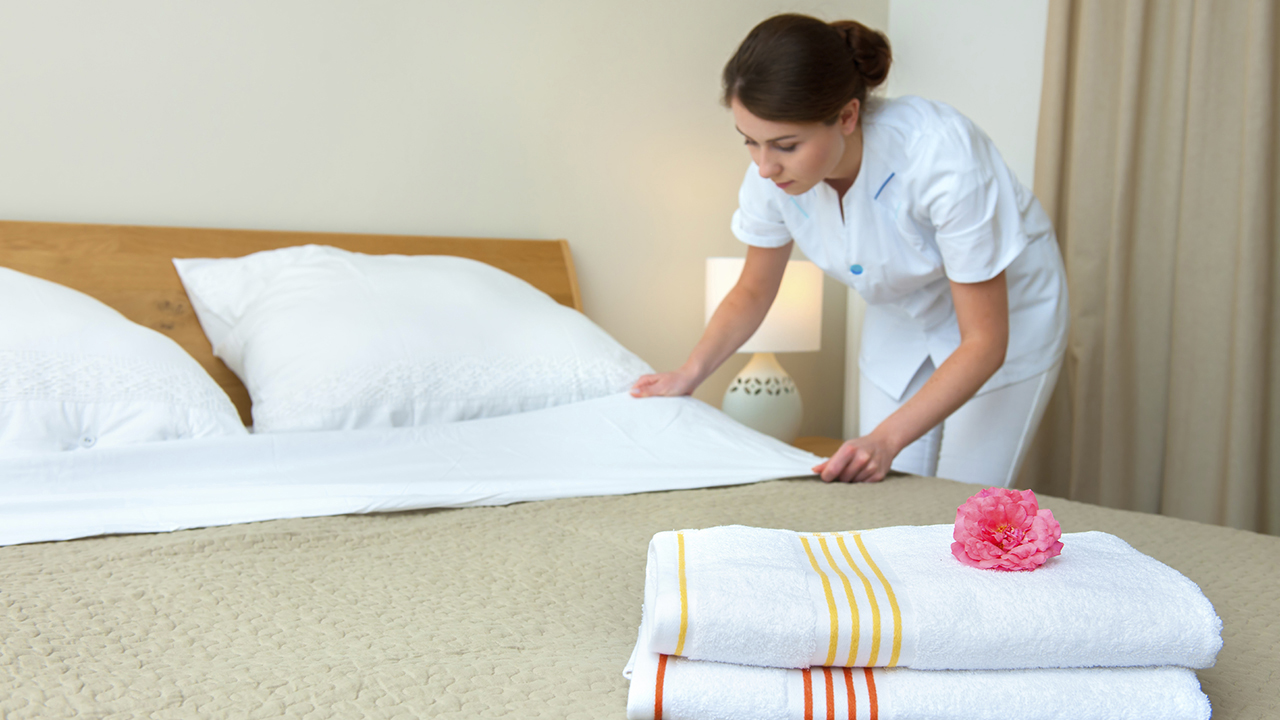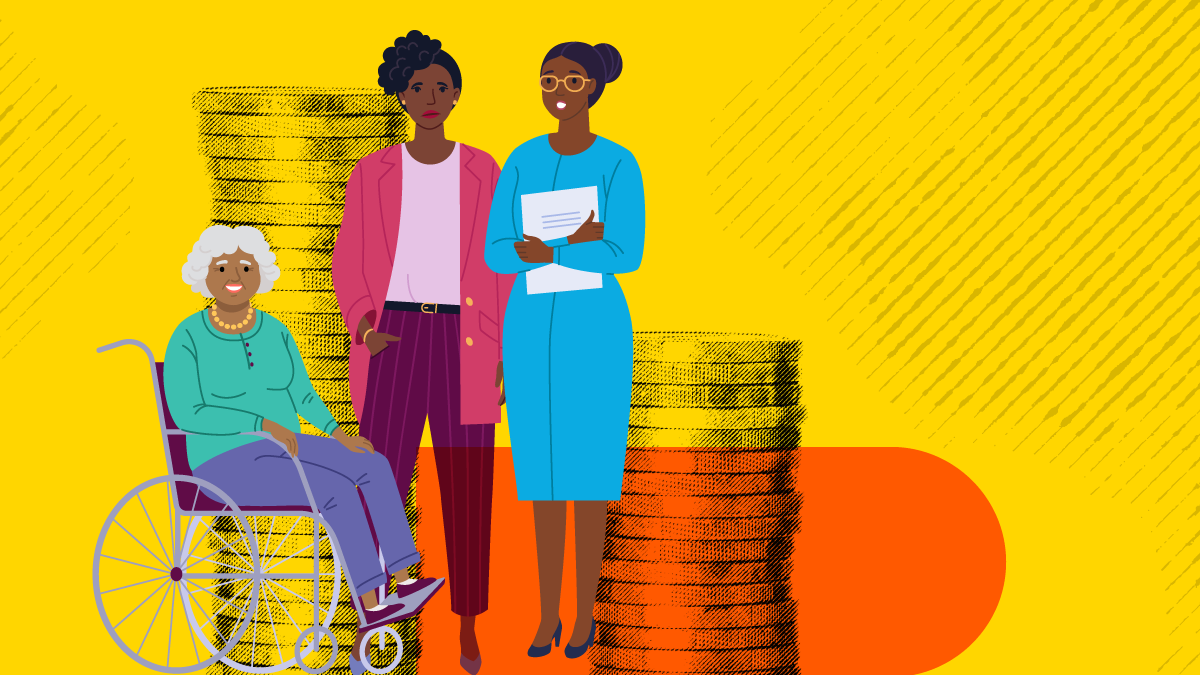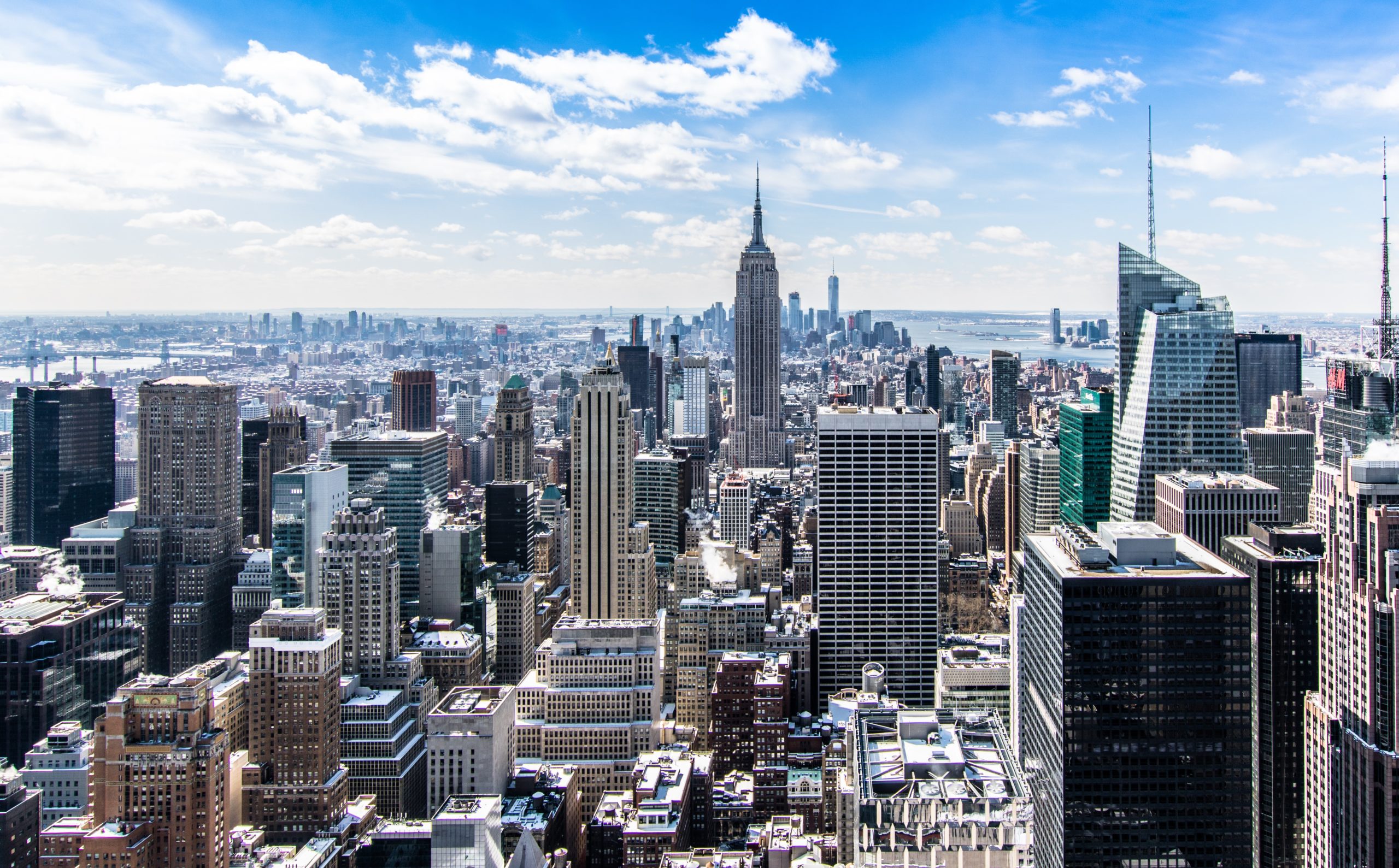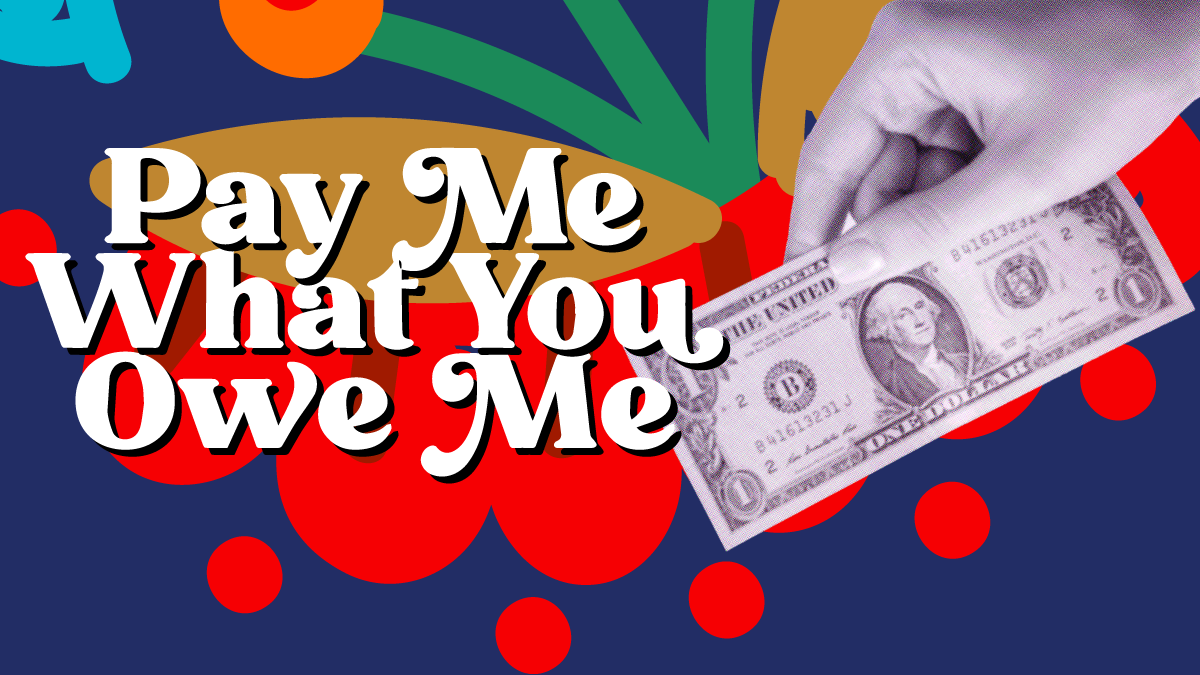Abortion rights, women of color, and LGBTQIA+ people are under attack. Pledge to join us in fighting for gender justice.
Low Wages—Not Unemployment Benefits—Are Holding Back Our Recovery

It’s officially the first week of summer—the Hot Vax Summer, some are calling it. With vaccinations on the rise and coronavirus infection rates on the decline, the days ahead are looking brighter in much of the U.S. People are making travel plans, eating out, planning long-delayed weddings, and jobs in the leisure and hospitality sector—which were decimated by the pandemic—are returning. They’re coming back fast enough, in fact, that some employers in the industry claim they’re facing a labor shortage, with more job openings than qualified applicants.
But if you take a closer look at the numbers (like we here at NWLC always do!), you see an industry in which many workers—especially women of color—are still in crisis. And it’s a crisis that began long before March of 2020.
Here are a few key facts from our new analysis of how women in the leisure and hospitality industry are faring:
- One in three of the nearly 4.2 million net jobs women have lost since the pandemic began are in the leisure and hospitality sector. Black women, Latinas, and Asian American and Pacific Islander women bore disproportionate losses because they are more likely to hold lower-paid service occupations that were wiped out during the pandemic.
- One in 10 leisure and hospitality workers are still unemployed. This sector is far from a full recovery: more than 110,000 restaurants have closed since the pandemic began, many entertainment venues are still operating at reduced capacity, millions of people haven’t yet been vaccinated, and many women in particular are still shouldering far more caregiving responsibilities than they were 16 months ago.
- Nearly one in five Black women working in leisure and hospitality jobs lived in poverty in 2019. Even before the pandemic, Black women working in leisure and hospitality jobs experienced poverty at a rate more than 4 times the rate for workers overall (4.5%), and typically were paid less than $14 per hour.
- Many leisure and hospitality jobs are tipped jobs—and federal law still allows employers to pay tipped workers just $2.13 per hour before tips. In addition to low wages, many leisure and hospitality jobs are characterized by unstable hours, minimal paid leave or other benefits, and a heightened risk of sexual harassment. In 25 states, Republican governors are currently cutting off federal unemployment benefits, claiming—without evidence—that this move will incentivize workers to fill open positions, especially in restaurants and other service sector jobs. But in most of these states, tipped workers can’t count on anything close to a living wage from their employers.
To rebuild our economy, employers and policymakers need to prioritize not only restoring jobs but improving them. That means paying decent wages, including for tipped workers, which is already proving to be a remarkably effective strategy for employers who actually want to attract and retain new staff. It also means giving people enough hours to make ends meet, and enough notice of those hours that they can plan their lives and meet caregiving responsibilities. It means paid sick days and paid family and medical leave and affordable, high-quality child care. It does NOT mean cutting off the unemployment insurance that has been keeping families and our economy afloat. We can reopen our economy, but we cannot truly recover as long as millions of people—disproportionately the women and people of color who have been hardest hit by the pandemic in every way—continue to be undervalued and underpaid.





